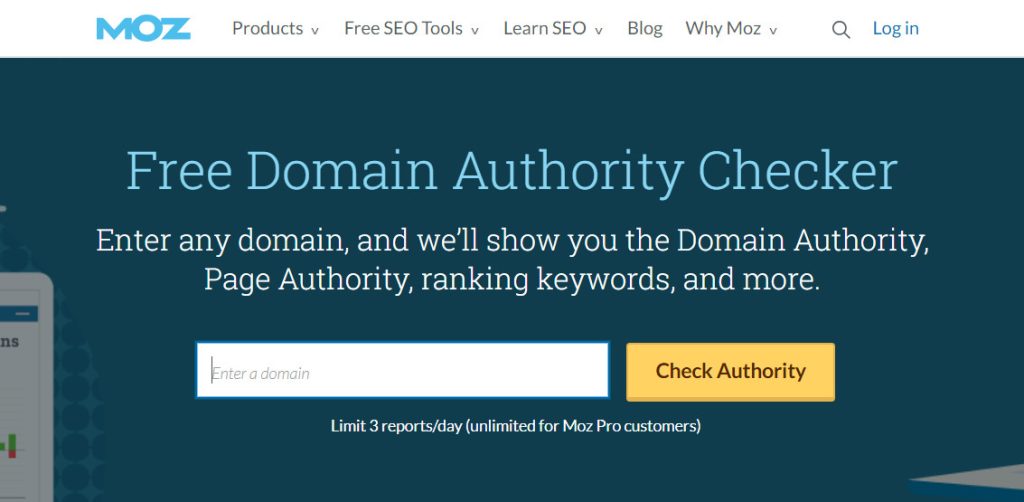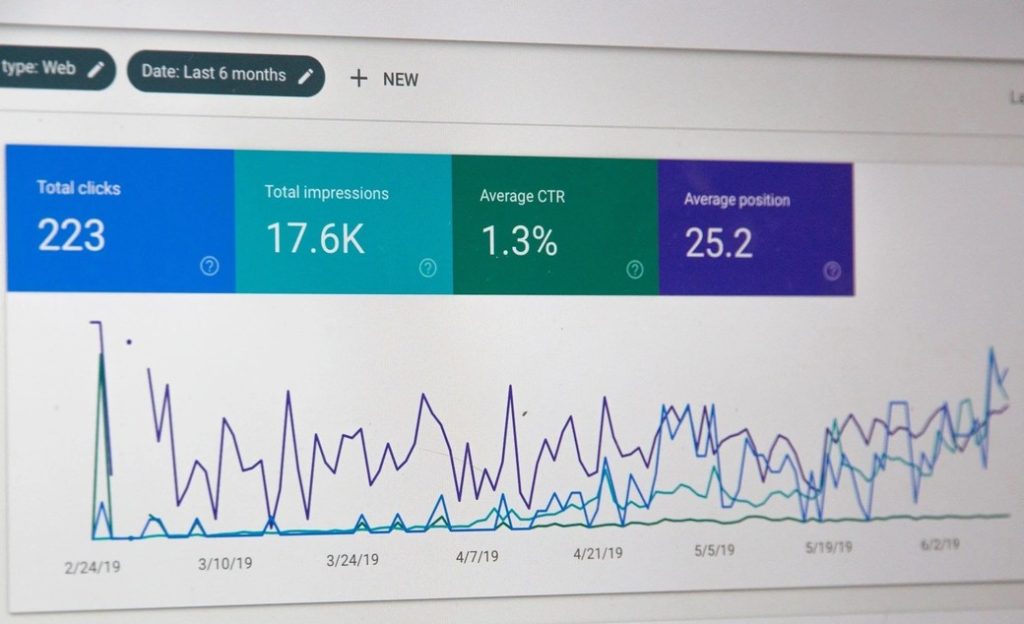

In the SEO arena, website owners wield a variety of tools to measure success. Two prominent contenders are Moz’s Domain Authority (DA) and Google Search Console (GSC) insights. In a previous post, “Demystifying Domain Authority: Your Website’s Credibility Score“, we touched on how Google Search Console Insights is a very useful alternative to the Moz Domain Authority Checker. But which one reigns supreme? Let’s delve into their strengths, weaknesses, and discover the ideal approach for a holistic SEO strategy.
Moz’s Domain Authority: A Power Score
Domain Authority is a score developed by Moz that predicts the likelihood of a website ranking well on search engine results pages (SERPs). It essentially acts as a website’s credibility score, with higher scores indicating greater trust and trustworthiness in the eyes of search engines. Websites with strong DA scores tend to rank organically for relevant keywords.
Strengths:
- Simple and Easy to Understand: DA offers a single score, making it easy to grasp your website’s relative authority at a glance.
- Benchmarking Tool: Compare your DA to competitors to gauge your standing within your niche.
- Free to Check: Moz offers a free tool to check your DA score (limited though).
Weaknesses:
- Limited Scope: DA is an estimate, not a guaranteed ranking factor for Google. Overall SEO health plays a bigger role.
- Doesn’t Provide Specific Insights: DA doesn’t pinpoint areas for improvement.
- Focuses on Backlinks: While backlinks are important, DA doesn’t consider other crucial SEO factors like user experience or content quality.
Google Search Console Insights: A Deep Dive
Google Search Console, a free tool by Google itself, offers a wealth of data on your website’s search traffic and performance. While it doesn’t provide a single score like DA, GSC insights delve deeper into specific aspects of your SEO.
Strengths:
- Direct from Google: Gain insights straight from the source – the very search engine you’re trying to rank well on.
- Actionable Data: GSC reveals specific areas for improvement, like mobile-friendliness or keyword performance.
- Free and Comprehensive: Offers a vast array of data points, including backlinks, keyword ranking, and user experience metrics.
Weaknesses:
- No Single Score: Doesn’t offer a simple, all-encompassing score like DA. Requires analysis of multiple data points.
- Learning Curve: GSC offers a wider range of data, which can be overwhelming for beginners.
- Limited Predictive Power: Doesn’t directly predict ranking potential like DA (though it can indirectly influence it).
So, Which Tool Wins?
Both Moz’s DA and Google Search Console insights are valuable tools, but they serve different purposes. Here’s when to use each:
- Use Moz’s DA for:
- A quick and easy way to gauge your website’s relative authority.
- Benchmarking your website against competitors.
- A starting point to assess your overall SEO health.
- Use Google Search Console insights for:
- In-depth analysis of your website’s search traffic and performance.
- Identifying specific areas for improvement in your SEO strategy.
- Monitoring your website’s health and progress over time.
The Champion Approach: Combining Forces
The most effective SEO strategy leverages the strengths of both tools. Use DA for a quick authority check and competitor comparison, then dive into GSC for actionable insights to improve your website’s search engine visibility. By using both, you gain a comprehensive understanding of your website’s SEO strengths and weaknesses, allowing you to refine your strategy for optimal results.
Remember, SEO is an ongoing process. Regularly monitor your performance using both Moz’s DA and Google Search Console insights, adapt your strategy as needed, and watch your website climb the search engine rankings!



